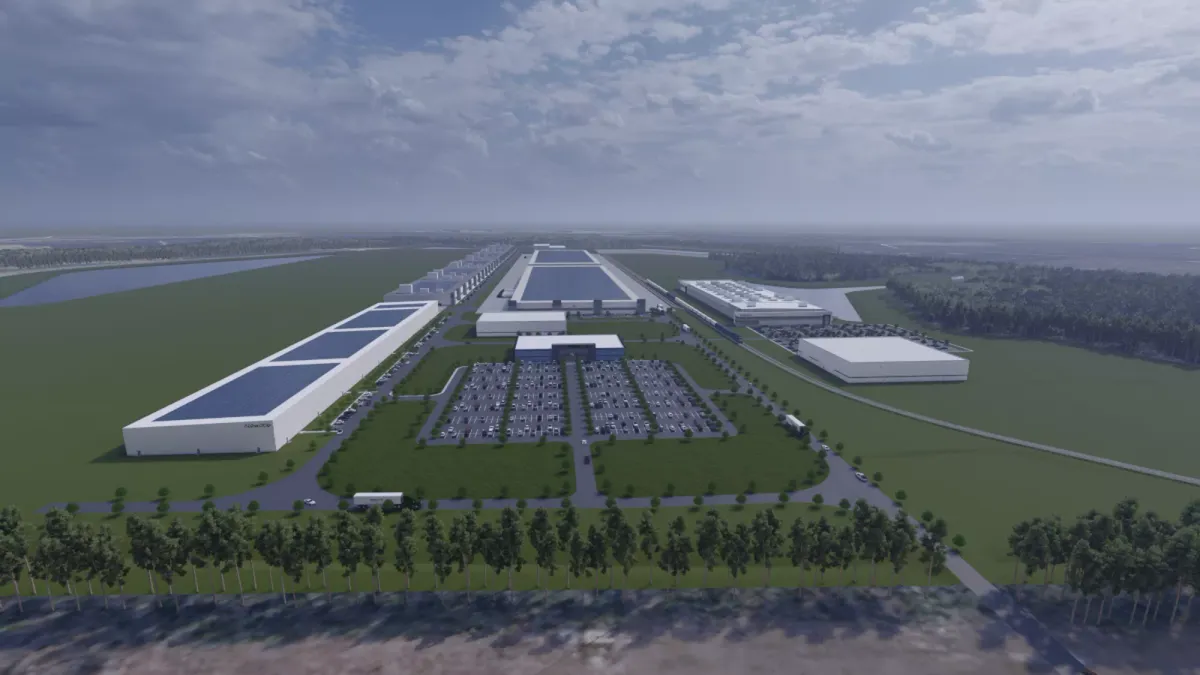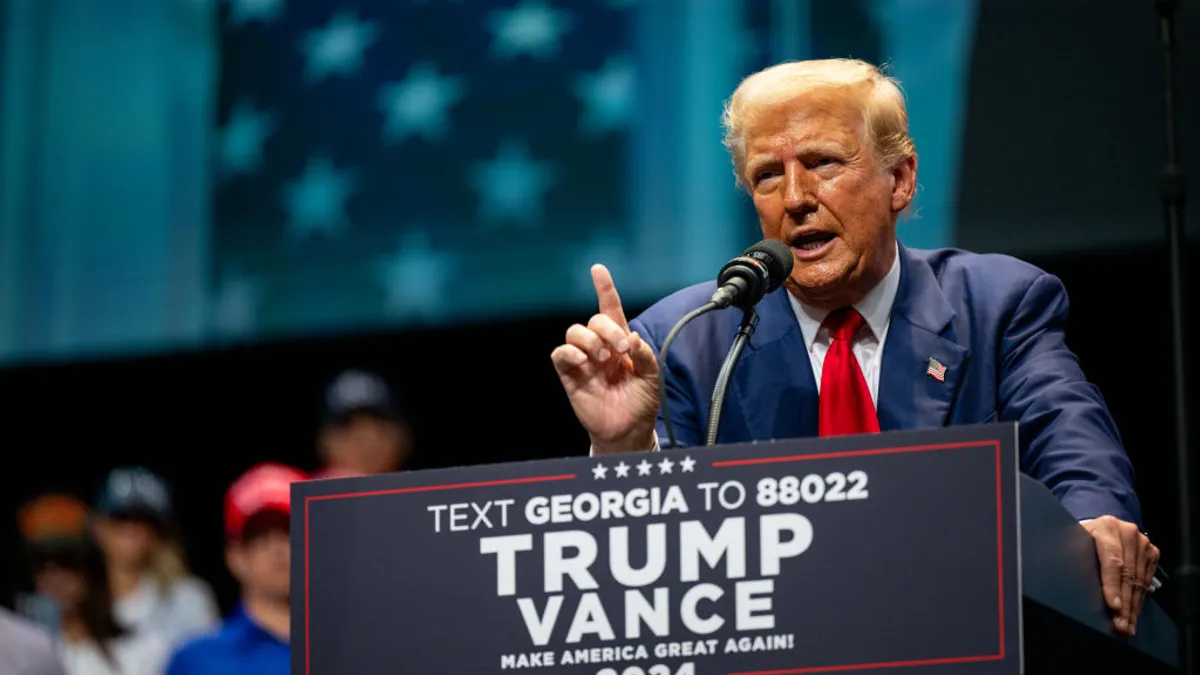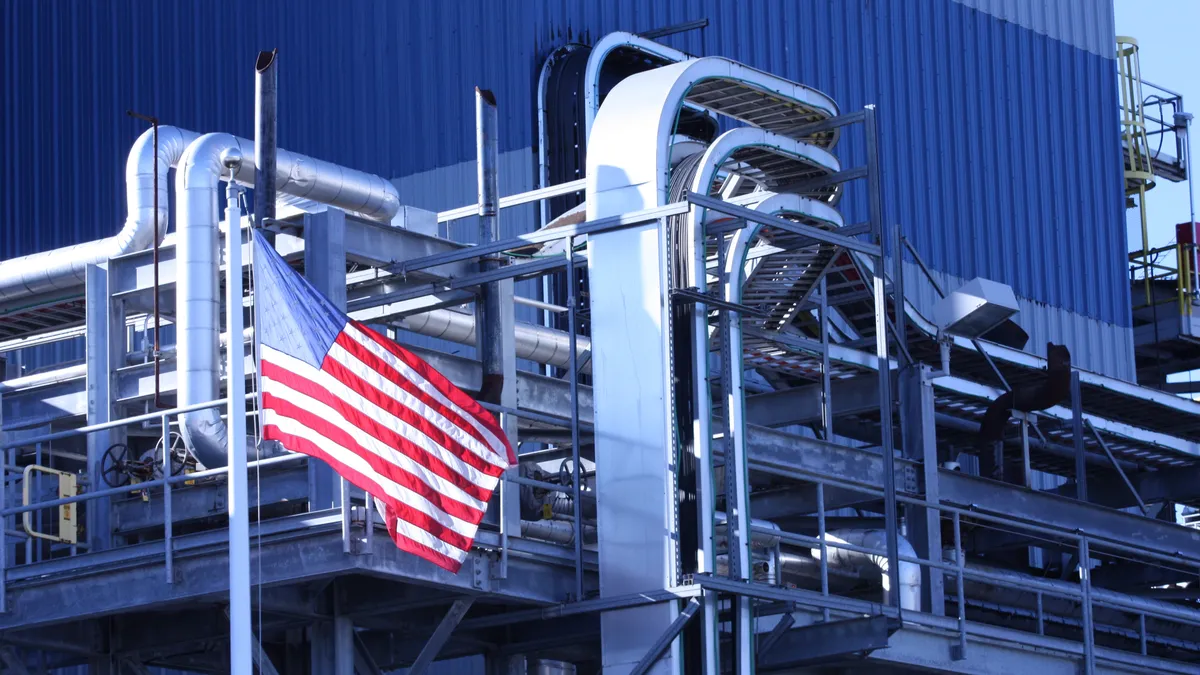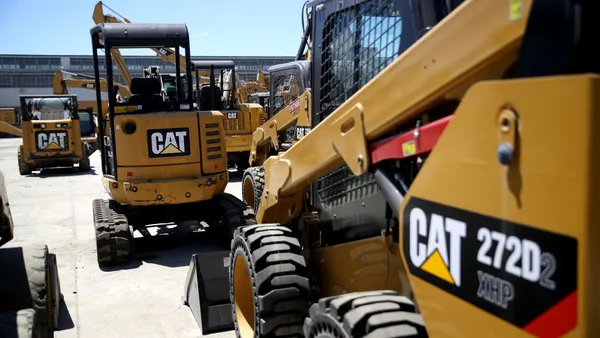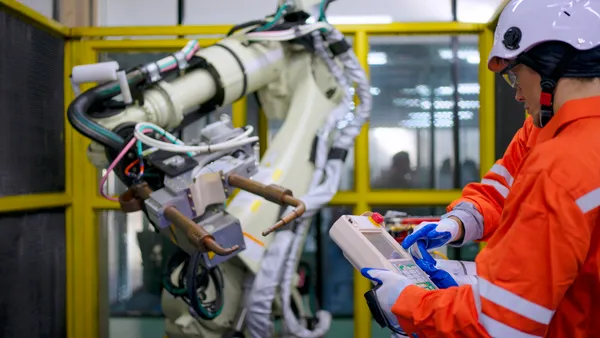Battery recycler Redwood Materials said Wednesday it will spend $3.5 billion on a new battery materials facility in Charleston, South Carolina, as it looks to supply an emerging network of electric vehicle battery plants in the region.
The facility, slated to break ground in Q1 of 2023, will recycle, refine and manufacture anode and cathode components. The plant will eventually generate enough materials to power more than 1 million EVs per year, with room to expand.
Cathode and anode materials are “the most critical and expensive components in an EV,” the company said. “Localizing the production of critical battery components and ensuring these materials are recycled is the only way to drive down costs … while meeting U.S. battery and electrification demand.”
As of now, China controls the bulk of the critical minerals needed in each step of making a lithium-ion battery. Unless there’s a major shift to producing and refining metals such as lithium and nickel domestically, U.S. battery makers will spend an estimated $150 billion sourcing components by 2030, according to the release.
Leveraging reclaimed battery materials could supply nearly half of the nickel and cobalt and over a quarter of the lithium needed for light to heavy-duty EVs in the country by 2050.
“We take in end-of-life batteries, break them down to their basic metals (like nickel, copper, cobalt and lithium) and then rebuild those metals into cathode and anode products, the most critical and expensive components in an EV,” Redwood Materials said.
To match increasing battery demand, the battery recycler said its new location near The Port of Charleston offers the opportunity to import raw materials which it can refine on site. The site additionally has access to rail.
“This strategic location also allows us the opportunity to invest more heavily at home while potentially exporting components in the future.”



